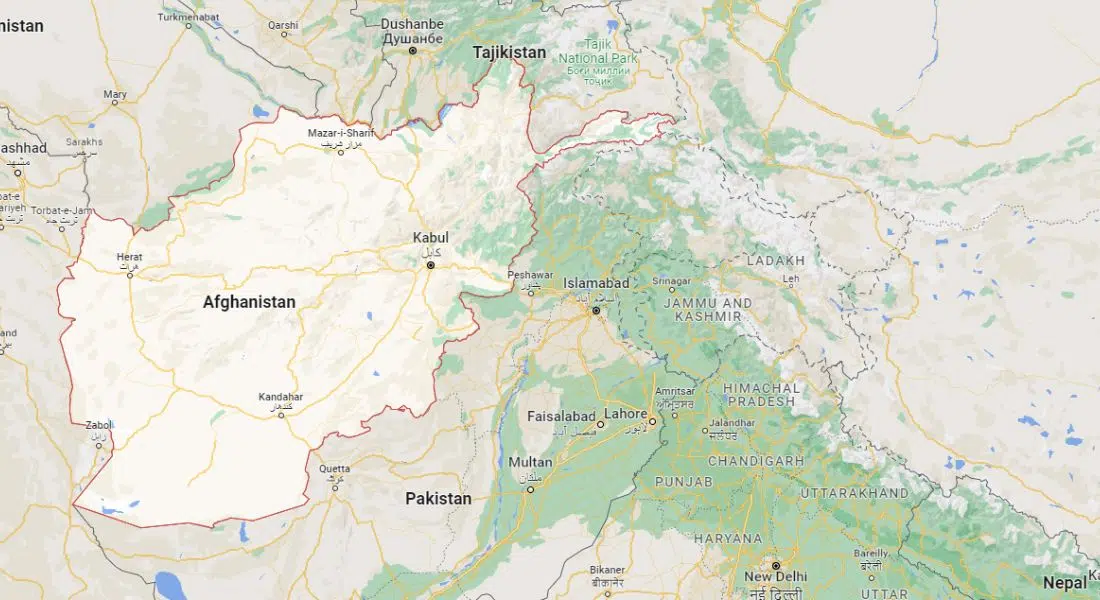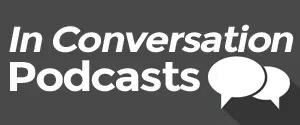It was a year ago today (Mon) that the Taliban seized control of Afghanistan. A statement from Canada’s Minister of Foreign Affairs, the Minister of Immigration, Refugees and Citizenship, the Minister of International Development and the Minister of National Defence says, “In this past year, we have witnessed the hardships endured by the Afghan people, with some having undergone harrowing journeys to flee the country and countless others living in fear of persecution and retribution, and under severe human rights and freedom restrictions.” More than 17,300 Afghans have arrived in Canada since then.
Over the last two decades, the statement says, Canada has helped Afghans achieve significant gains in democracy, human rights, education and health, but since last year, these gains have been steadily deteriorating. Canada’s response to the situation in Afghanistan includes the goal of resettling at least 40,000 vulnerable Afghans to Canada, which is one of the largest commitments around the world.
Researchers at the University of Regina, University of Alberta, Princeton University and the University of Maryland took a look at the Taliban and their use of Twitter to support their cause when they took over Afghanistan a year ago. Dr. Brian McQuinn, an assistant professor with the University of Regina led the research. He says Twitter’s policy towards the Taliban is to moderate tweets only if they violate its rules against the glorification of violence, misinformation or spam. However, the researchers found Twitter failed to enforce their rules as only 49 out of 126,000 such accounts appeared to have been moderated in some fashion according to McQuinn. “I found it incredible that Taliban accounts qualified for the placement of sponsored tweets for companies like Amazon, Disney, McDonald’s, and the Canadian Imperial Bank of Commerce,” said one of the contributing researchers who is from Afghanistan and who requested anonymity.
Dr. McQuinn says the Taliban’s influence on social media was measured by the level of engagement Taliban content received from April 1st to September 16th of 2021. During that time, Taliban tweets gained well over eight million responses, seven million likes and almost a million retweets, 400,000 replies and 94,000 quote tweets. McQuinn says social media companies tend to only focus on North America when it comes to moderating accounts. “The amount of resources that social media companies put into moderation outside of North America is quite insignificant, like for example: Facebook puts 87 per cent of its money related to moderation just on accounts related to the United States but 97 per cent of their users live outside of the United States.”
According to McQuinn’s research, retweets and likes soared in mid-August, around the time Kabul fell. The Taliban also used Facebook, Instagram and YouTube, however they used Twitter more than any other social media to support their cause.



















